Equilibrium Business Cycle Theory in Historical Perspective
This 1988 book presents a historical investigation of the theoretical development of contemporary Equilibrium Business Cycle Theory (EBCT). The author examines the central features of the EBCT by tracing both the history of business cycle theory and the history of econometrics. These historical analyses make clear two central principles of the EBCT: its optimization foundation and its economic strategy. Following along these lines, the author argues that the EBCT succeeds the tradition of the Austrian cycle theory that attempted to incorporate the cycle with classical equilibrium doctrine. He further argues that the EBCT's econometric strategy is only a child of the Cowles commission method. Investigating interwar macroeconomics in very readable style, this book brings the period back into the heart of macroeconomic thinking.
{{comment.content}}
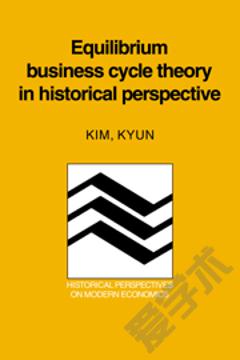
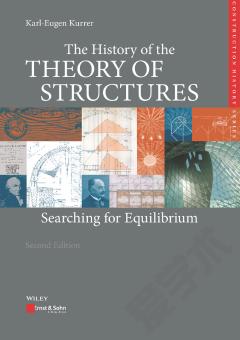
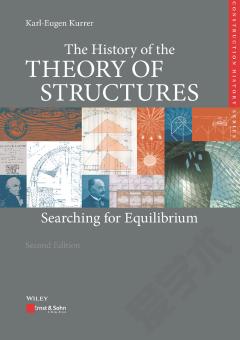

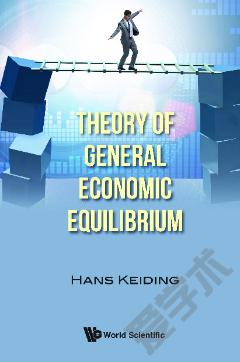

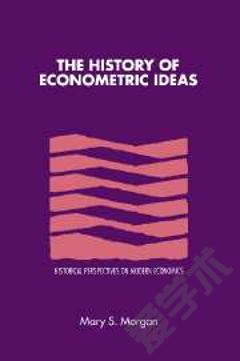

 京公网安备 11010802027623号
京公网安备 11010802027623号